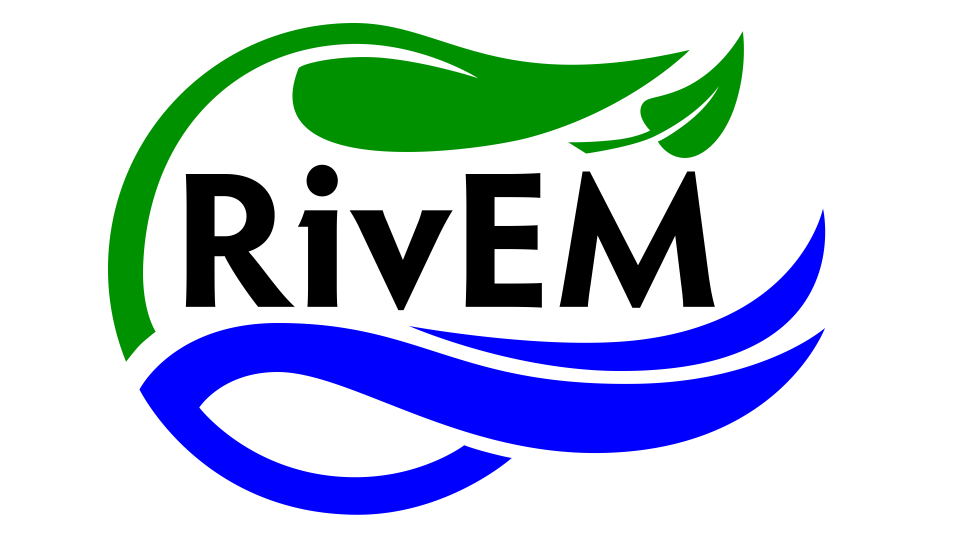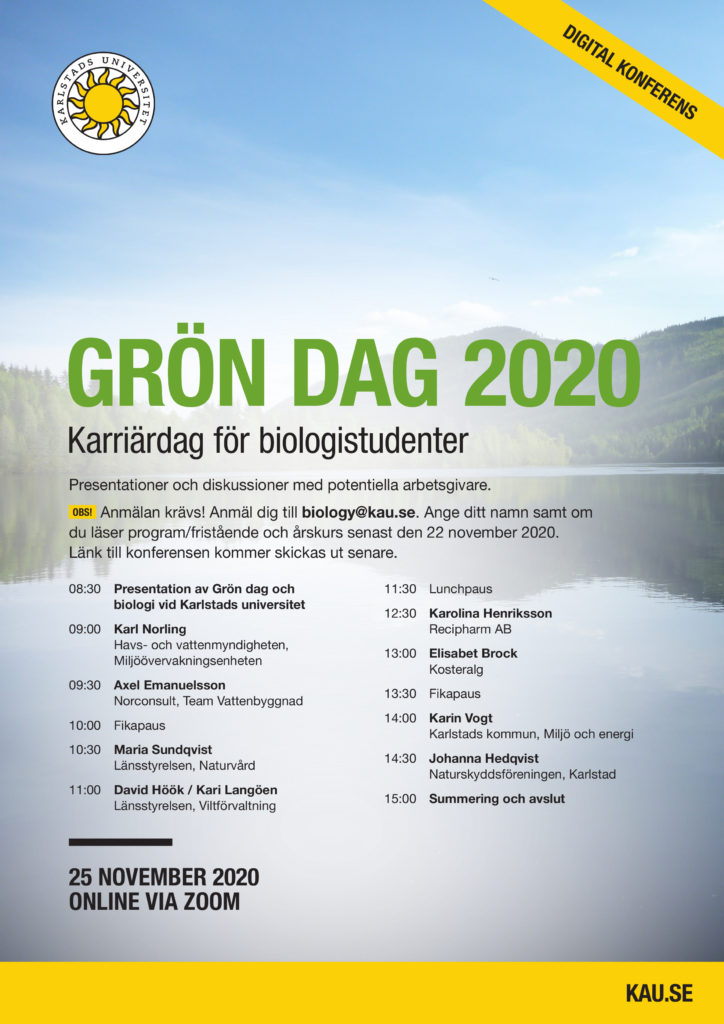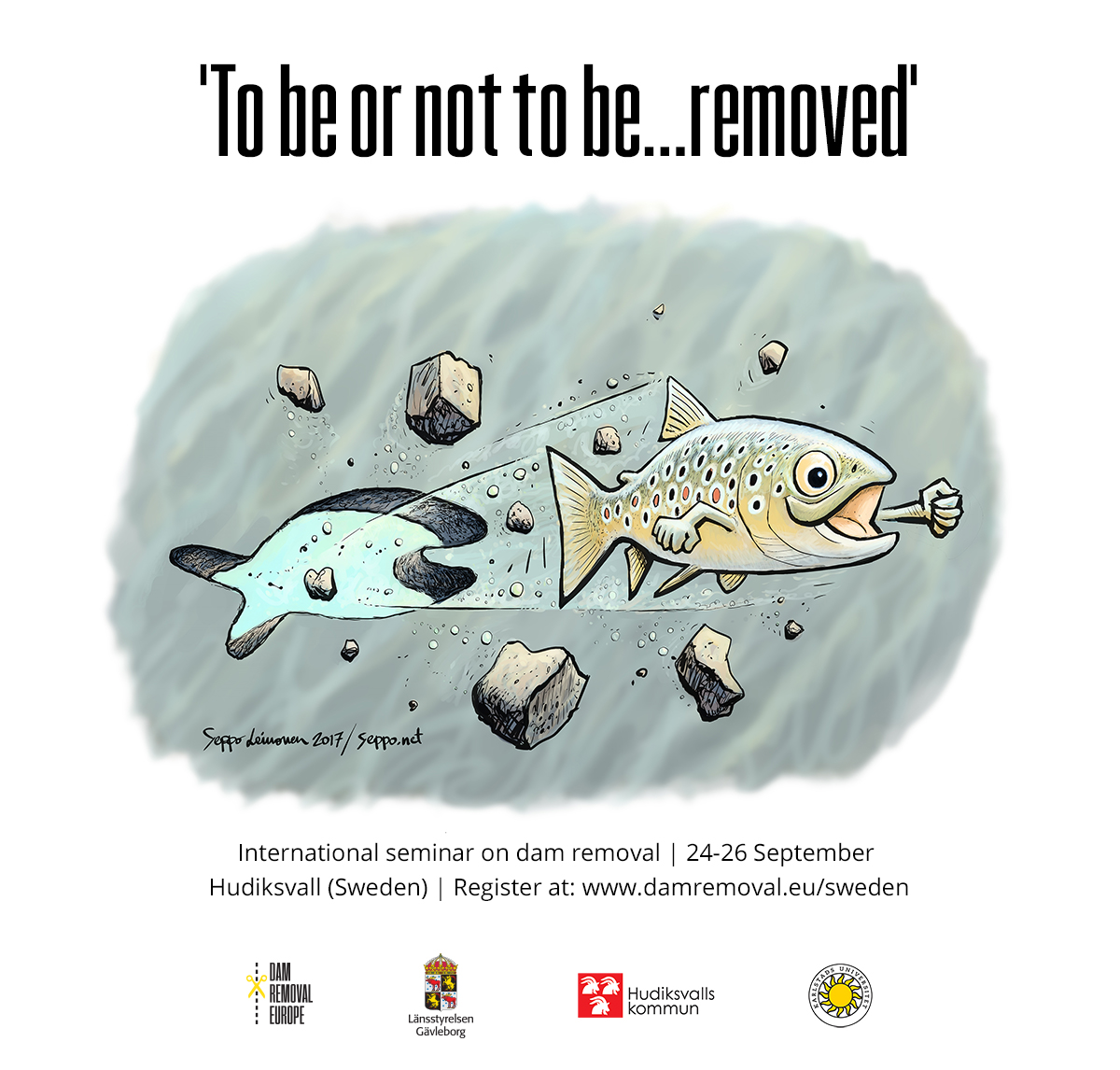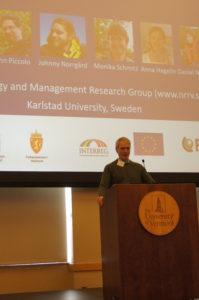Call for abstract: Artificial Intelligence and Ecosystem Services – Advancements in AI in the field of ecosystem services for transformative change
Posted by Louis Addo | Conference
We (V. van ‘t Hoff & P. Cabral & F. O. Akinyemi, et al.) would like to bring to your attention an exciting session at the upcoming ESP Europe 2024 conference.
Conference Session: Artificial Intelligence and Ecosystem Services – Advancements in AI in the field of ecosystem services for transformative change
Date: 18-22 November 2024
Location: Wageningen, The Netherlands
Abstract Submission: Open from 15 May to 15 July 2024 (https://espconference.org/europe2024/home)
Hosted by: Felicia O. Akinyemi, Pedro Cabral, and Vince van ‘t HoffCo-hosts: Sara Alibakhshi, Bruna Almeida, Jan Haas, Ewa Orlikowska, Xi-Lillian Pang, Mieke Siebers, Guojie Wang Aim: This session explores the transformative potential of AI in understanding, monitoring, and managing ecosystem services (ES). It will highlight innovative AI solutions, such as satellite image analysis and natural language processing, which offer new ways to gather and analyze complex data. The session will cover various AI methodologies, including machine learning, deep learning, and GeoAI, and discuss their applications in assessing and modelling ES and ecosystem functions (EF).
For more information and to submit your abstract, please visit the ESP Europe 2024 website.
Why to attend?
1) This session is an excellent opportunity to stay at the forefront of advancements in AI and its applications in ecosystem services. I highly encourage you to attend and consider contributing your knowledge.
2) The communications presented at this session may be considered for inclusion in a synthesis paper or a review paper highlighting knowledge gaps in the use of AI for ecosystem services in both empirical and modelling contexts.






